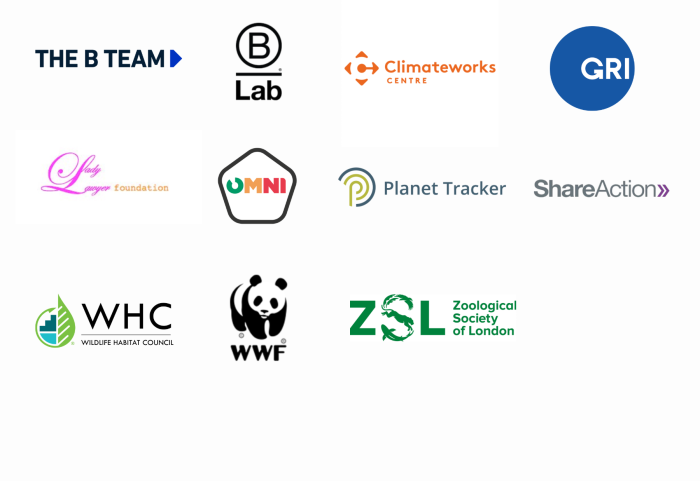Companies are being asked to assess and disclose their nature related risks, dependencies and impacts

Call to Action
The Biodiversity Plan (formerly the Global Biodiversity Framework) sets out global, ambitious goals to halt and reverse nature loss and makes it clear that the private sector has a key role to play in achieving those goals. Without them, the goals can’t be achieved.
Assessing and disclosing their nature related risks, impacts and dependencies is a key first step for large businesses to understand their relationship with nature, and to know how and where to take action to reduce harmful impacts and increase positive ones.
As governments gather in Nairobi this week the Subsidiary Body on Implementation (SBI 4) in advance of COP16, members of the Nature Collective Impact Coalition urge all large businesses to prepare to assess and disclose their risks, dependencies and impacts. This is a matter of urgency if we are to halt and reverse biodiversity loss.
What is the Collective Impact Coalition (CIC)?
The Nature Collective Impact Coalition (CIC) is a multistakeholder engagement initiative aiming to push influential companies to assess and disclose their risks, dependencies and impacts on nature. The CIC officially launched on 16 April 2024, rallied by WBA in partnership with 22 founding multistakeholder organisations.
From benchmark to action
The CIC builds on the findings of WBA’s Nature Benchmark, which has revealed <5% of major companies are assessing and disclosing their impacts on nature, and <1% are assessing and disclosing their dependencies on nature. The Nature CIC will focus on increasing company action on this topic, using the Nature Benchmark as a mechanism to track and measure progress.
Without assessing their risks, dependencies and impacts, it is difficult for companies to really understand their relationship with nature, understand how it creates risks and opportunities for them and their business, and transform their activities to reduce negative impacts and increase positive ones. A range of tools and frameworks are in place to help large businesses do this in a robust and credible way. The disclosure of the assessment is important for stakeholders to see if companies are taking the right actions in the right places and hold them accountable for progress.
Therefore, this is a crucial first step to embedding nature in business decisions and improvement in company performance on this topic as fundamental to catalyse further effective and impactful action to halt and reverse nature loss.
Objectives of the Nature CIC
The Nature CIC has three main objectives:
- Accelerate the number of companies measuring and disclosing their impacts and dependencies on nature;
- Raise awareness and increase understanding of the state of play, including challenges, potential solutions, and best practice examples;
- Build/increase capacity of stakeholders to engage companies on this topic.
How companies can get started
Several frameworks, tools and resources are available to support companies to assess their nature-related risks, dependencies and impacts. Business for Nature has created a comprehensive mapping of these resources and capacity building opportunities as part of their paper on Target 15 implementation, which you can find here (p.16-19). We urge all large businesses to use this mapping to identify and then use the relevant resources.
Signatories
The following companies and organisations endorsed publicly this initiative.
CIC co-leads:

Investor participants as of April 2024:

Civil society organisation participants as of April 2024:
